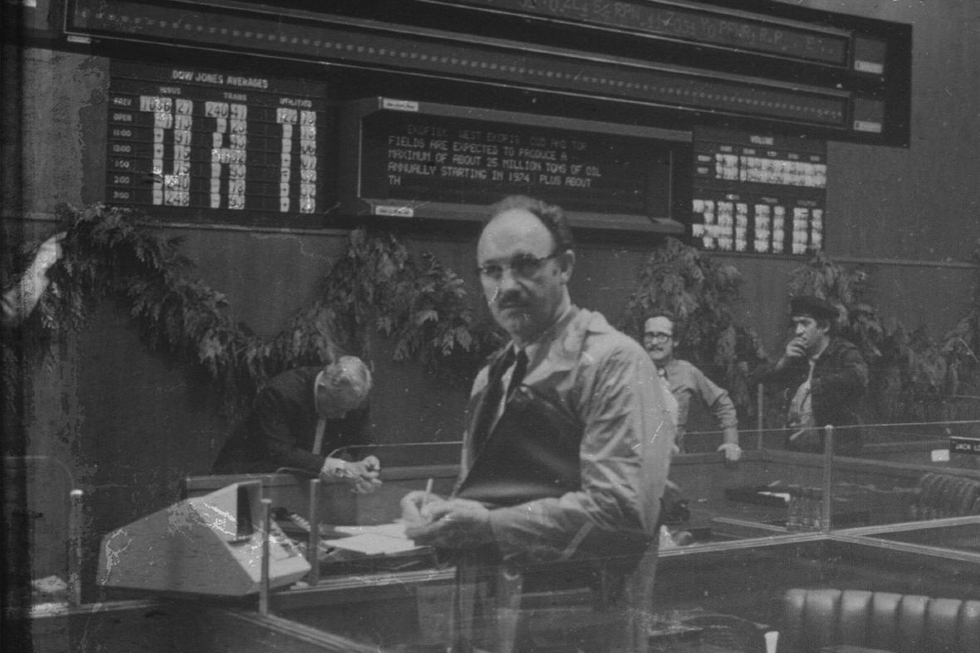End of the World Film Club #3: The Conversation

“People were hurt because of my work, and I’m afraid it could happen again…” Join us for our next End of the World Film Club, in which we’ll watch and discuss Francis Ford Coppola’s paranoid, grimy surveillance thriller, The Conversation…
So, the lockdown continues. At the very least, we won’t be going to the cinema anytime soon – one of the non-essential but essential-feeling things many of us miss the most. As such, for the foreseeable, we’ll be continuing with our End of the World Film Club, a fortnightly opportunity to watch great cinema then come together afterwards – on Twitter – to chat.
How it works. It’s nothing fancy: we pick a film together, watch it at our leisure, then get involved using the hashtag #EndoftheWorldFilmClub. To select a film, we run a Twitter poll of three options, all of which will be free and easily accessible online (and entirely dependent on what’s available that given fortnight).
This time, we chose from Francis Ford Coppola’s grimy 1974 surveillance thriller, The Conversation; David Lynch’s Anthony Hopkins and John Hurt-starring, The Elephant Man; and tightly wound all killer 1953 thriller, The Hitch-Hiker, from trailblazing director Ida Lupino. In our closest poll to date, The Conversation narrowly edged it, with 38% of the vote.
Coppola’s film shares DNA with Alan J. Pakula’s trio of Klute, The Parallax View and All the President’s Men, and Sydney Pollack’s Three Days of the Condor, as 1970s Hollywood turned its attention to the politics of paranoia.
Where it differs, arguably, is in its greater depths of moral ambiguity and ambivalence. There are no heroes and villains, here, just shades of grey. And, certainly, Gene Hackman in the lead role as surveillance expert Harry Caul, lacks the empathy-garnering good looks of any of the stars in the other films mentioned above (Donald Sutherland, Warren Beatty, Robert Redford, Dustin Hoffman, and Redford again, respectively). It is a microcosm of the American psyche, one plagued by the fall-out of Watergate and the tragedy of the Vietnam War.
The film began (appropriately enough) with a conversation Coppola had with another director – Irvin Kirshner – about how “espionage, and surveillance, had become a business”. After which, Coppola “thought about it and thought about it” and found it was a film he had to make; today, The Conversation is the film he considers his most personal.
What the critics said:
“The Conversation comes from another time and place than today’s thrillers, which are so often simple-minded.”
Roger Ebert, 2001
“[The Conversation] tells of the ways in which intimacy and suspicion intersect, eavesdropping and emotional dependence fester and infect.”
Catherine Shoard, 2015
End of the World Film Club #3: The Conversation
Watch The Conversation on BBC iPlayer this week, and join us for a Twitter discussion this Friday 15 May 2020, 7-8pm
End of the World Film Club Library
A Matter of Life and Death
Assault on Precinct 13
Our poll to select the next film club film will take place Wednesday 20 May





